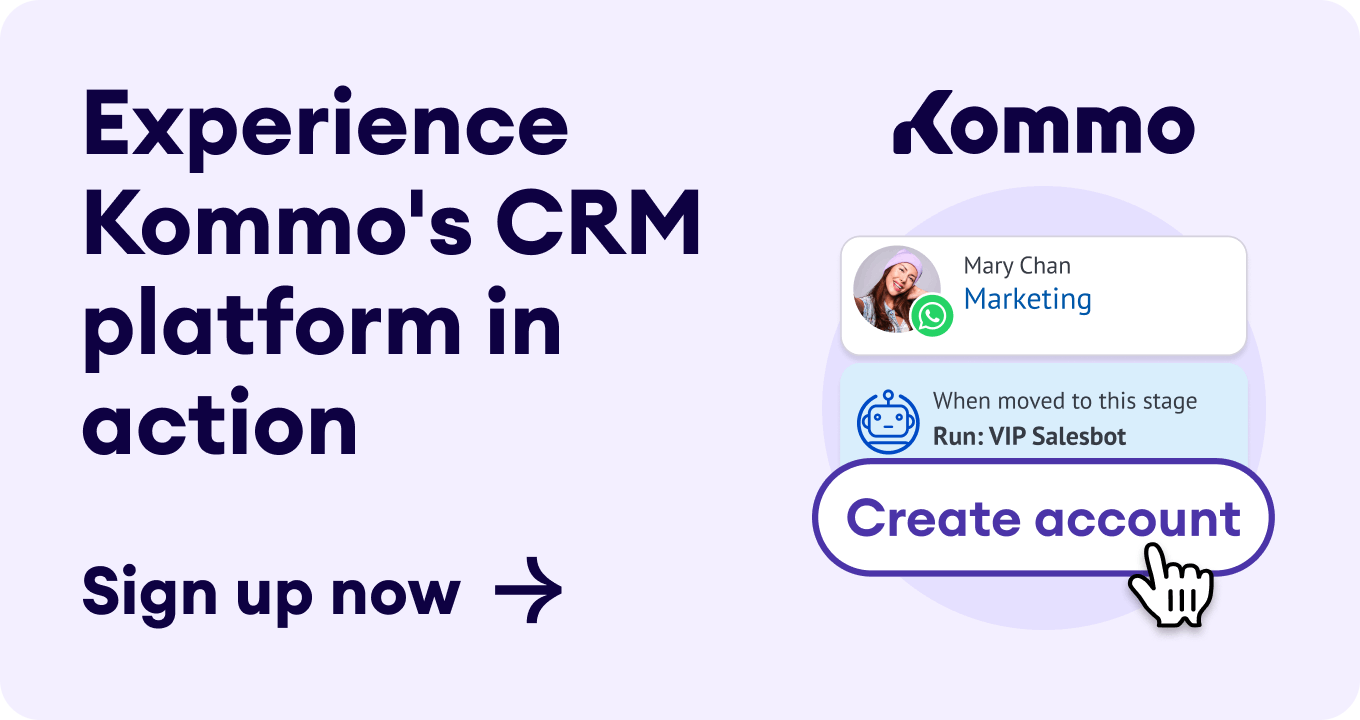There is no one recipe to start a business. Pretty much everyone understands that it takes time and a certain mindset. But where do you start?
How to develop a business idea - real case
Let's start it off with a bit of a personal story.
I met a woman once, who said that her husband worked in the medical field and wanted to start a business. I asked her what he had in mind. Without a moment of hesitation, she said, “He wants to come up with a cure for cancer or AIDS or something like that.” Mind you, her husband wasn’t trained in any particular field and what she said was ludicrous. Rest assured that's a really risky mindset to approach creating a business with.
So unlike this silly example, let's be in a more realistic state of mind. Here how to get started properly:
Step 1: Look inside you
Many would-be entrepreneurs that pitch a business idea are convinced it must be something revolutionary. They think nothing less will do. It's a really rare occasion when the founders have a unique business idea that disrupts the whole industry right away. More often than not, they stumble into it in the process (that’s where curiosity and vision come in play!)
What really works is daily work on something that is your natural skill set. If you have been playing piano since you were five, perhaps you should think about coming up with a service or product that would help those just starting on this journey. After all, you already know many problems and solutions that could give you a profitable business idea to get started with! Building the right approach from the start can be easier with product management tools, helping you organize, refine, and bring your ideas to life.
Another example is a man I know that has worked in migration services for 20 years. He has a wealth of experience filling out papers and avoiding common potholes for immigrant families submitting their documentation for visa changes, etc. When he decided to become a business owner, he teamed up with a lawyer in his community and they knew exactly what to do in their business idea development process, in a couple of years establishing a successful enterprise.
Step 2: Write a business plan
It’s not as tough as it sounds. Think of writing a business plan as a road map for your dreams to come true. Sounds more exciting that way, right? Don’t think of it as set in stone. It rarely will stay the same even a couple of months after you start your own business. But modifying it and adding what you learn along the way can be an incredibly important exercise in figuring out who you are as a small business owner and how your small business ideas can become a real, viable and profitable venture.
Don’t worry about the business plan being perfect. Get an outline for your business plan online or consider using an AI business plan generator. These tools can simplify the process by providing customized solutions and insights specific to your business idea. It’s easy to do, especially if you know your industry. Study the competition and the market.
If you are good with numbers, try to have some calculations about sales. If finance is not your specialty, you can ask a friend or even hire a college student, who can do the basic financial calculations for you. Paying for him or her to walk you through it would be invaluable in teaching you the basics of following the money in your business.
1A mentor can go a long way in helping you build your business
Step 3: Assess your resources
Being honest with yourself about your strengths and weaknesses is also important when deciding whether or not to take on a partner, start your own business as a couple or do it on your own. Of course, each set-up comes with its own set of risks and rewards. You may love the idea of spending more time with your brother or spouse, but it’s only for you to decide if it’s going to be a healthy and complementary relationship in a business setting.
It is easy to dream up all the benefits of being independent, making your own schedule, traveling and earning a lot. Don’t give up easily, but it’s also a good idea to have an exit plan (this may be plan B, plan C, etc). You must be sure that you are not investing your time and money into a dead-end venture. So have a clear plan as to what has to happen in order for you to keep going vs. moving on to something else (6 or 12 months after, for instance).
Remember, you don't need a ton of upfront investment to test your business idea. Consider starting with an AI website builder, many with free plans! They help you create a professional online presence quickly and affordably, letting you validate your concept before committing significant resources, for those looking to create web applications with ease, managed laravel hosting can play an integral role in your overall operational efficiency, particularly as you assess and leverage your resource capabilities.
Step 4: Seek a mentor
There are many small business owners that have gone through the same thing you are doing right now. Don’t be afraid to approach someone online or in your community, who might be able to assist you. Oftentimes even very successful entrepreneurs love helping those just starting out. It validates their success, let’s them give back and keep their mind sharp in solving business riddles. (Yes, that’s fun for many of us entrepreneurs!) For instance, Appetiser’s co-founders Jamie Shostak and Michael MacRae have discussed their approach to building client relationships and developing MVPs, offering valuable lessons for aspiring startup founders.
Mentorship can also be in a less active form when you learn from successful business owners of the past. There are many biographies of entrepreneurs, politicians, actors, journalists that might be useful for you. Sometimes you might find answers to your questions in the most unlikely places, reading about someone that you just happen to admire.
Step 5: Test the water
There are many ways that you can understand your potential customers and learn about your market. It could be getting an internship or even a part-time job in the industry of your potential business venture or conducting interviews of possible retailers that would carry your product. But what if you're not quite ready for that level of commitment? Consider starting a dropshipping business as a way to dip your toes in the water. With dropshipping, you can easily test out different product ideas and see what resonates with your audience without having to invest heavily in inventory or production. This can be a valuable learning experience that helps you refine your business concept before going all-in.
Spend as little money as possible and try to understand as much as you can about what’s in the market now, what’s the pain for your customers and how much they are willing to pay to solve that problem.
Avoid investing large sums of money at the very start of any business. It’s these kinds of mistakes that lead to sobering statistics that 80% of all new businesses fail within 1 year. You might find yourself with a warehouse full of product that’s not what the customer wants. The same goes for renting large spaces and any other kind of financial commitments that are impossible to support when you just start your business. Try to spend as little as possible and pay close attention to every dollar you spend until (at least) you start receiving money from customers.
Step 6: Stay positive and flexible
You cannot underestimate the power of positive thinking. Have you ever met some very positive people who keep going on and on about how lovely everything is? And alternately, those that always complain seem to have more hardships than average? That’s the Law of Attraction at work. So go ahead and dream of a profitable business idea. Imagine it in all of the finest details. Know that there will be setbacks, but boy, are there emotional highs from your future victories!
Keep your focus on your business and don’t let anyone or anything discourage you. At the same time, remember that being agile and able to adjust are the qualities that allow brands to evolve and not disappear. So think of your favorite car brand — chances are, they sold your car because they offered you what you need today (and not outdated features from 20 years ago). They adapt and embrace change. So stay true to yourself but let your business thrive in these ever-changing times.
Ready, set, start your own business
Learning from your mistakes is an important part of growing as an entrepreneur. If you don’t take the lesson to heart, you are doomed to repeat the negative experience over and over. Whether it's Sam Walton’s story of starting Walmart or your neighborhood dry-cleaners that in a few years grew to 10 locations — open your eyes to the examples and possibilities around you.
Ask yourself:
- What drives you?
- What gets you excited and motivates you?
- What makes you special and useful to others?
Do some soul searching before you embark on your own business idea. There is a lot to do, so start now. Little by little you would get there.
And finally, if you are still not sure about what small business ideas might be right for you, do this exercise. Imagine that you had an appointment with a guru. Some religious or business or pop-culture persona, whom you tremendously admire. You start the meeting by pitching a business idea, laying out in front of them your plan, your goals and dreams for your business. And then you wait for their advice, to do it or not to do it. At this moment in visualization take a pause and listen to your heart.
Do you hope that they tell you it’s a fantastic idea and you need to run with it? Or do you secretly suspect that they will tell you that it’s not how to develop a business idea or the right time for you now? Really hear yourself at this very moment. Does the guru say yes or no? In that lies the answer to your riddle — to plunge or not to plunge into the fantastic unknown of small business or entrepreneurship.
Make a personal sale with Kommo
Kommo is a pioneering Messenger Based Sales CRM software that helps businesses achieve more sales and create long-lasting relationships with their customers. It is a tool that enables companies to reach better results and increase their profits.





